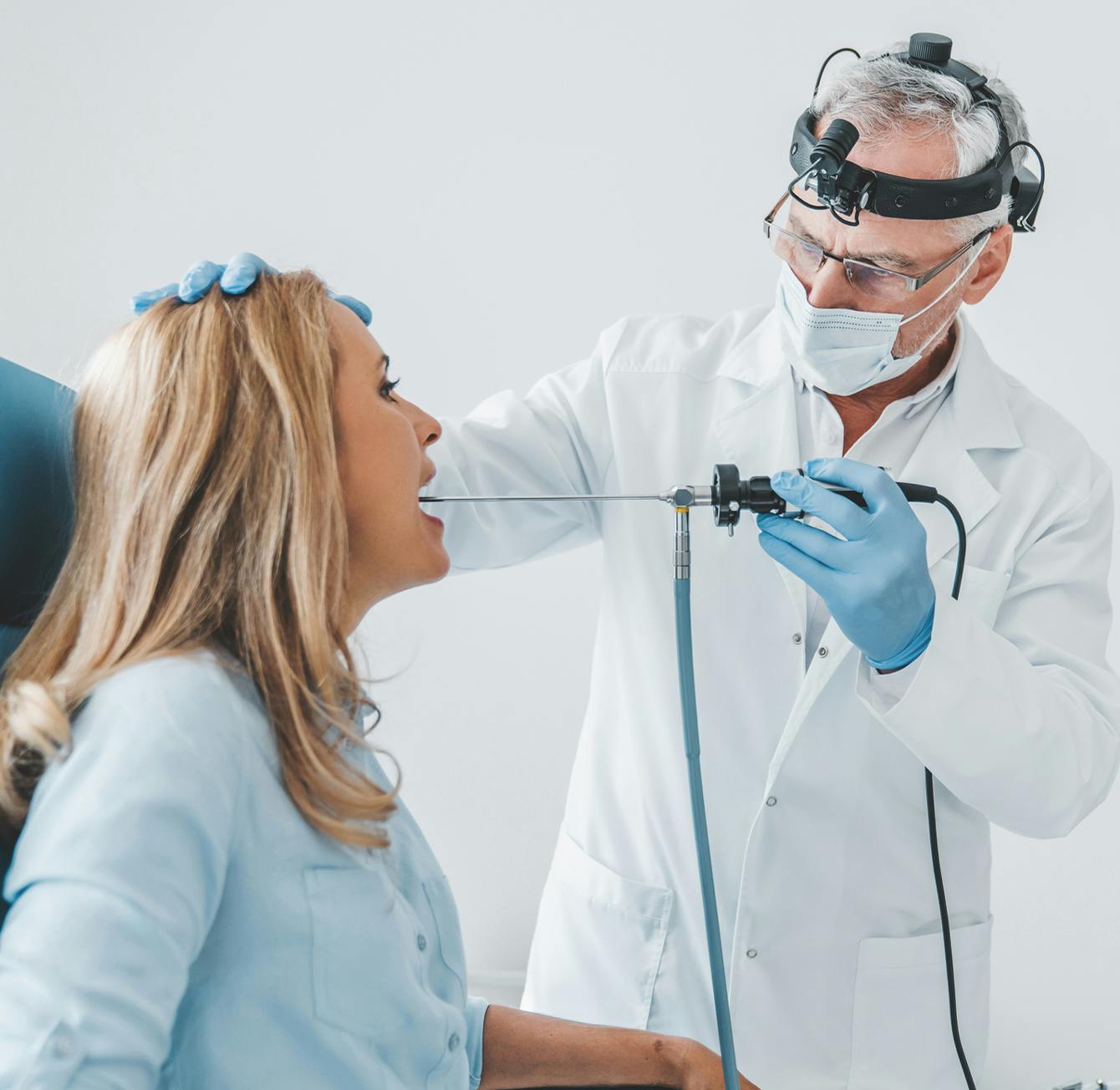At Atlantic ENT, our licensed speech-language pathologists offer specialized voice therapy to restore vocal strength, improve clarity, and help patients speak comfortably and confidently again.
What Is Voice Therapy?
Voice therapy is a non-surgical, rehabilitative treatment that focuses on restoring the proper use of the voice. It involves guided exercises, breathing techniques, and behavioral strategies tailored to each patient’s needs. Voice therapy can benefit anyone with vocal fatigue, hoarseness, or weakness—whether caused by medical conditions, injury, or overuse.
During therapy, patients work one-on-one with a licensed speech-language pathologist who specializes in voice rehabilitation. These professionals evaluate how the vocal cords, breathing, and muscles of the throat work together, then design a treatment plan that strengthens and balances the voice system for healthier, more efficient use.






